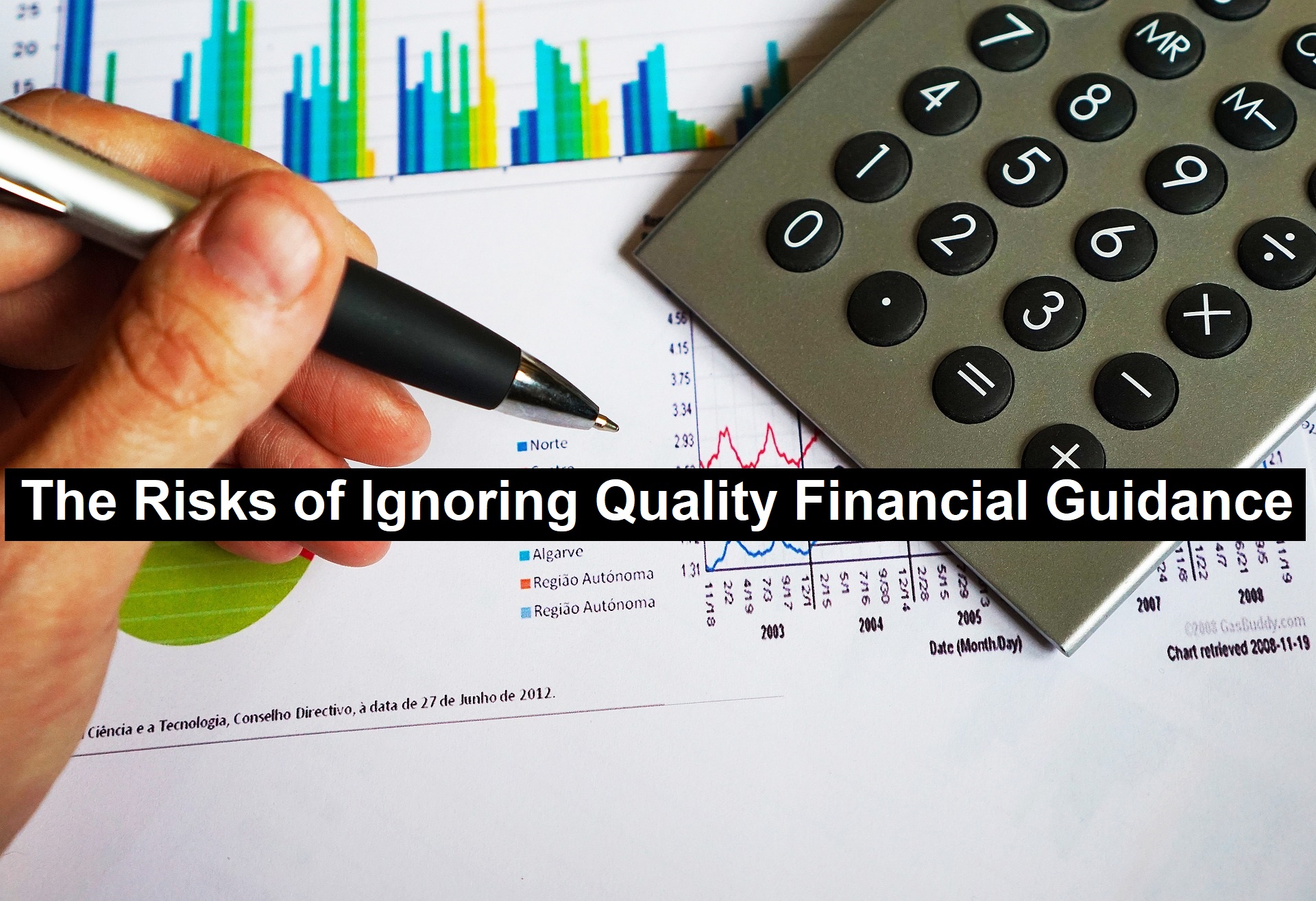The Risks of Ignoring Quality Financial Guidance
In today’s increasingly complex financial landscape, seeking expert advice is often seen as a vital component of achieving financial security. However, poor financial advice can lead to devastating outcomes that extend beyond just financial loss; it can significantly impact your mental and emotional well-being. Many individuals turn to financial advisors, online resources, or recommendations from friends and family in their quest for guidance. Yet not all advice is created equal, and bad guidance can undermine financial stability and derail long-term aspirations.
One of the critical dangers of poor financial advice lies in the qualifications of those offering it. Many financial advisors lack essential certifications, such as Certified Financial Planner (CFP) or Certified Exit Planning Advisor (CEPA) and may not highlight important credentials like their fee-only status or fiduciary responsibilities. Harnessing futures contracts, when skillfully integrated into an investment portfolio, can provide valuable risk management tools and potentially enhance returns, a key aspect of quality financial guidance. This can result in generic recommendations that do not consider your unique financial situation, leading to suboptimal investment choices, unwarranted risks, and lost opportunities that could otherwise enhance your financial well-being.
Read: Factors That Impact Natural Gas Prices: What Traders Need to Know
Conflicts of interest are another significant concern. Advisors who are not Independent Registered Investment Advisors (RIAs) may be inclined to recommend products that serve their financial interests rather than those of their clients. Enhanced digital financial literacy empowers individuals to make informed financial decisions by providing them with the knowledge and skills to navigate the digital financial landscape and access quality financial guidance online. This inherent bias can result in inflated fees, diminished returns, and overall dissatisfaction with financial planning services. To mitigate these risks, it is vital to work with fiduciaries who are legally bound to act in your best interest, ensuring that your financial needs are prioritized.
Moreover, the Internet is rife with poor financial advice, contributing to widespread misinformation. Social media, blogs, and online forums often promote unverified tips and tricks that can lead individuals astray. While these platforms may appear credible, they often lack the necessary regulatory oversight to guarantee accuracy. Following such questionable advice can result in misguided investment decisions, escalating debt, and severe financial repercussions that may take years to rectify.
The consequences of poor financial advice extend beyond the financial realm, significantly affecting mental health and personal relationships. Financial stress is a leading factor contributing to anxiety and depression, often resulting in conflicts among family members. Disagreements about money can create rifts that strain relationships, leaving emotional scars that can linger long after the financial issues are resolved. The psychological toll of financial mismanagement can be profound, impacting not only your well-being but also the harmony of your personal life.
Retirement planning is another area where bad advice can be particularly damaging. Misguided or biased recommendations can leave you with inadequate savings, forcing you to extend your working years or diminish your quality of life in retirement. This is especially tragic for those who have invested time and effort into saving, only to have their plans thwarted by unreliable guidance.
To safeguard against these dangers, it is crucial to take proactive measures in seeking quality financial advice. Start by thoroughly verifying the qualifications and certifications of potential advisors, ensuring they hold recognized designations like CFP, CEPA, or RIA. Understand their fee structures and seek fiduciaries committed to prioritizing your best interests. Quality financial guidance is essential for individuals to make informed decisions about their investments and ensure they are on track to achieve their retirement goals. Additionally, enhancing your financial literacy can empower you to make informed decisions and recognize potential red flags in the advice you receive.
In summary, the risks associated with poor financial advice are substantial and multifaceted. By dedicating time to educate yourself and seek out reliable guidance, you can protect not only your financial health but also your mental and emotional well-being.
Quality-Financial-GuidanceFor further insights into the true costs of poor financial advice — along with some information centered around settlement planning — please refer to the accompanying infographic.

